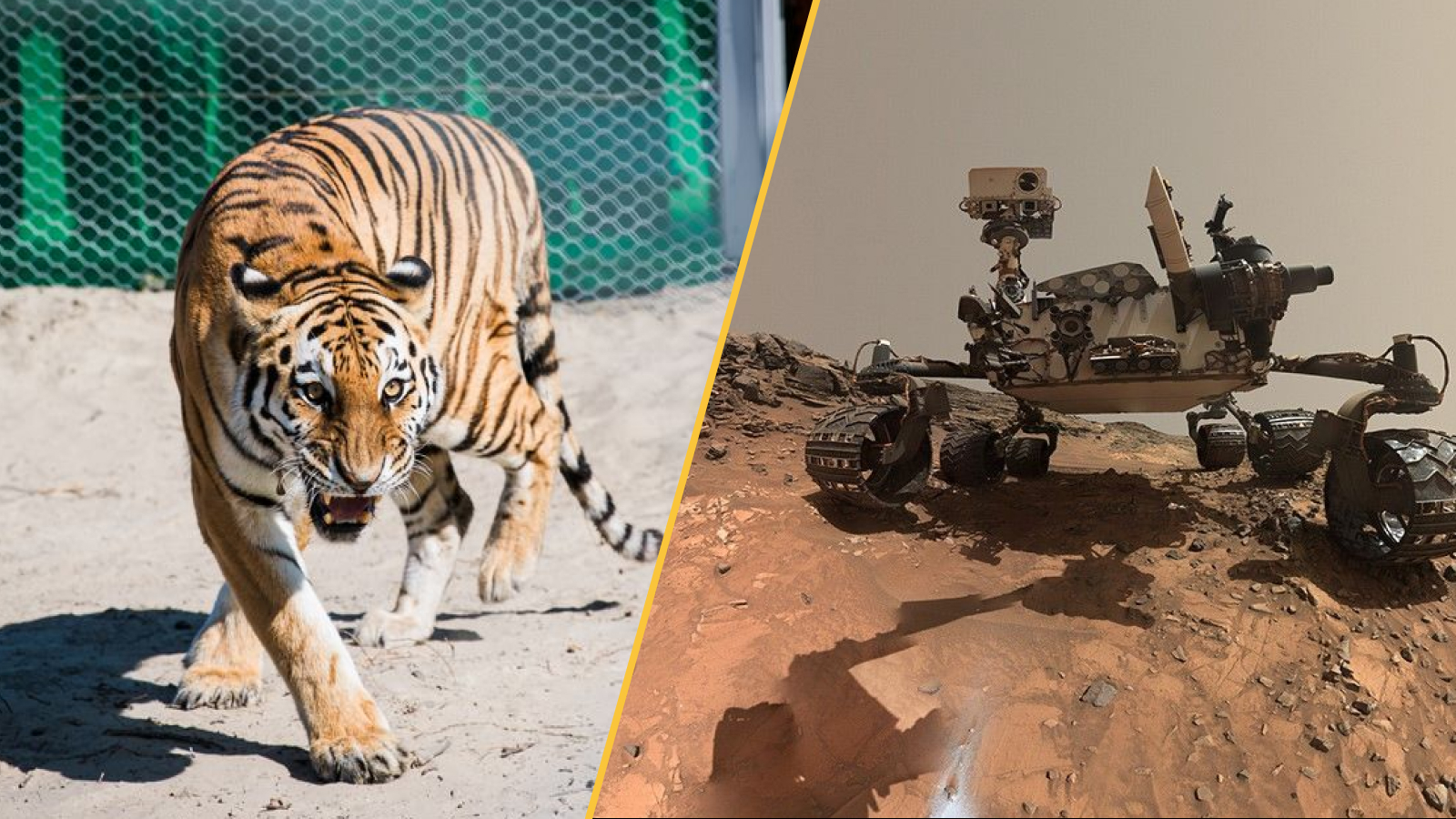
Ben Turner
Ben Turner is a U.K. based writer and editor at Live Science. He covers physics and astronomy, tech and climate change. He graduated from University College London with a degree in particle physics before training as a journalist. When he's not writing, Ben enjoys reading literature, playing the guitar and embarrassing himself with chess.
Latest articles by Ben Turner
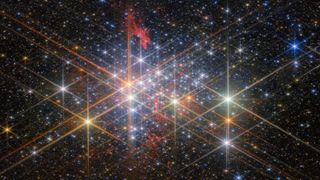
James Webb telescope confirms we have no idea why the universe is growing the way it is
By Ben Turner published
Astronomers can't agree how fast our cosmos is expanding. A new James Webb Space Telescope study has made the crisis even worse.
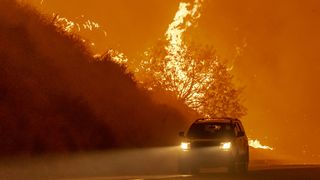
'An existential threat affecting billions': Three-quarters of Earth's land became permanently drier in last 3 decades
By Ben Turner published
Climate change is causing unprecedented drying across the Earth — and five billion people could be affected by 2100, a new UN report has warned.
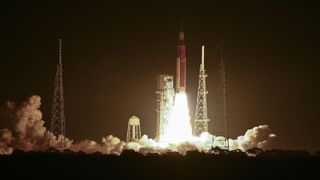
NASA delays historic Artemis missions — yet again
By Ben Turner published
The next stages of NASA's moon program will be delayed due to technical issues, but officials claim they will still launch in time to beat China to the lunar surface.
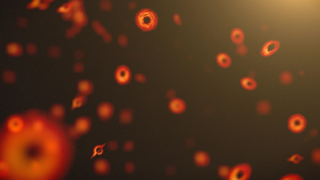
Miniature black holes could be hollowing out planets and zipping through our bodies, new study claims
By Ben Turner published
Some physicists say the lingering questions about our universe could be solved by hypothetical objects called primordial black holes. New research claims the evidence of their existence could be right here on Earth.

Scientists discover revolutionary method that makes fuel from water and sunlight — but it's not finished yet
By Ben Turner published
Scientists in Japan have demonstrated a new method to create hydrogen fuel without emitting greenhouse gases. But key steps to improve its efficiency remain for it to be commercially viable.
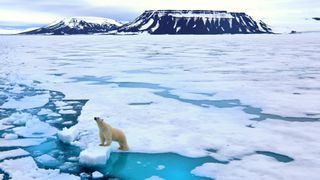
'Ominous milestone for the planet': Arctic Ocean's 1st ice-free day could be just 3 years away, alarming study finds
By Ben Turner published
The Arctic's ice cover could dip below a crucial threshold as soon as 2027, and will do so inevitably in the next 20 years if greenhouse gas emissions continue, scientists warn.
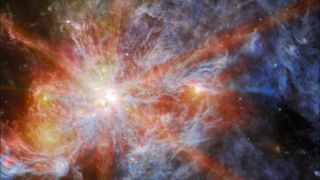
James Webb Space Telescope smashes its own record to find the earliest galaxies that ever existed
By Ben Turner published
The James Webb Space Telescope has spotted five galaxy candidates dating to just 200 million years after the Big Bang, making them the earliest ever detected. And there could be many more.
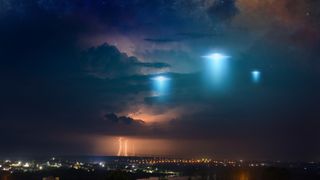
'It's hard not to believe he saw something': Historian Greg Eghigian on how UFOs took over the world
By Ben Turner published
What do UFO sightings tell us about ourselves? And will they ever be explained? Historian Greg Eghigian tells us how he's trying to find out.
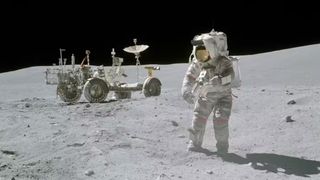
Moon landing quiz: How quickly can you name all 12 Apollo astronauts that walked on the moon?
By Ben Turner published
Quiz Just 12 people — all American men — have walked on the moon. Can you name all of them in six minutes?
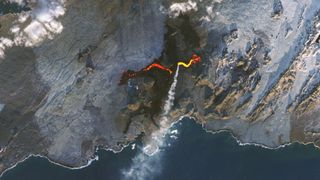
Dramatic NASA images reveal lava coursing near Iceland's Blue Lagoon
By Ben Turner published
A lava stream from a volcanic eruption in West Iceland is brighter than the lights of the city's nearby capital, new infrared images show.
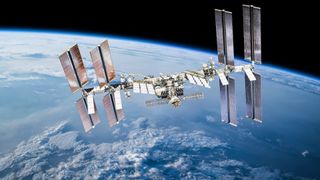
Astronauts baffled by 'unexpected odor' leaking from Russian spacecraft docked at ISS
By Ben Turner published
Russian cosmonauts aboard the ISS were forced to seal a hatch and don protective equipment after the arrival of a cargo vessel brought with it a bizarre smell.
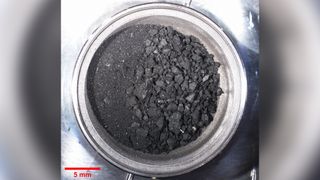
Samples of 'alien' asteroid Ryugu are crawling with life — from Earth
By Ben Turner published
Scientists have found microorganisms crawling over a sample retrieved from the 200 million-mile-distant asteroid Ryugu. But they almost certainly came from Earth.
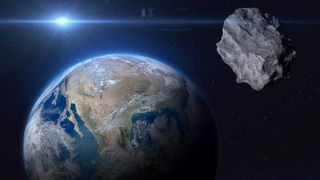
Earth's '2nd moon' escapes our planet's orbit — will it ever return?
By Ben Turner published
The mini-moon 2024 PT5, which has been orbiting Earth for two months and is likely a chunk of the moon, will now drift away from our planet in an orbit around the sun.
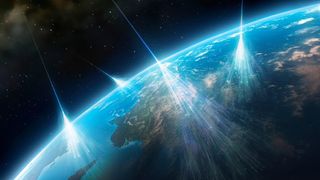
Scientists detect the most powerful cosmic rays ever — and their unknown source could be close to Earth
By Ben Turner published
New research reports the most powerful cosmic rays ever detected. Because the rays lose energy as they travel through space, their detection at high energies means they are likely coming from sources relatively close to Earth.
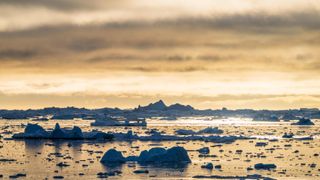
Key Atlantic current is weakening much faster than scientists had predicted
By Ben Turner published
A current key to stabilizing climates across the Atlantic and beyond could be one-third weaker by 2040, a new study has revealed.
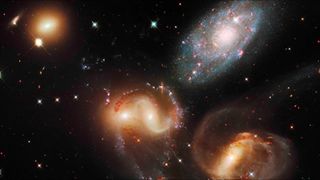
Astronomers spot 1 of the most powerful 'sonic booms' in the universe as massive galaxy crashes into its neighbors
By Ben Turner published
A shockwave caused by the galaxy NGC 7318b slamming into four other galaxies is akin to a "sonic boom from a jet fighter." Astronomers hope the event will reveal vital secrets about the often-violent evolution of our universe.

Gotta Catch 'Em All: How Pokémon Go covertly captured your data for years to train a massive AI model
By Ben Turner published
Niantic, the company behind Pokémon Go, has been scraping users’ scans of the world to build a model that will help robots navigate physical space. Some experts are worried about the potential applications.
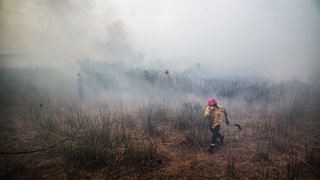
'A harbinger of what's to come:' NASA satellites show massive drop in global freshwater levels
By Ben Turner published
NASA satellites discovered that Earth's surface has lost enough water to empty Lake Erie two and a half times since 2015. And the problem could be here to stay.
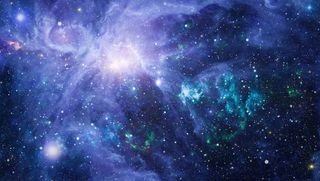
Scientists analyze largest map of the universe ever created — and it proves Einstein right yet again
By Ben Turner published
The largest survey of our universe ever conducted suggests that it closely matches the model most favored by cosmologists. It's unclear what this means for alternative theories attempting to explain bizarre discrepancies.
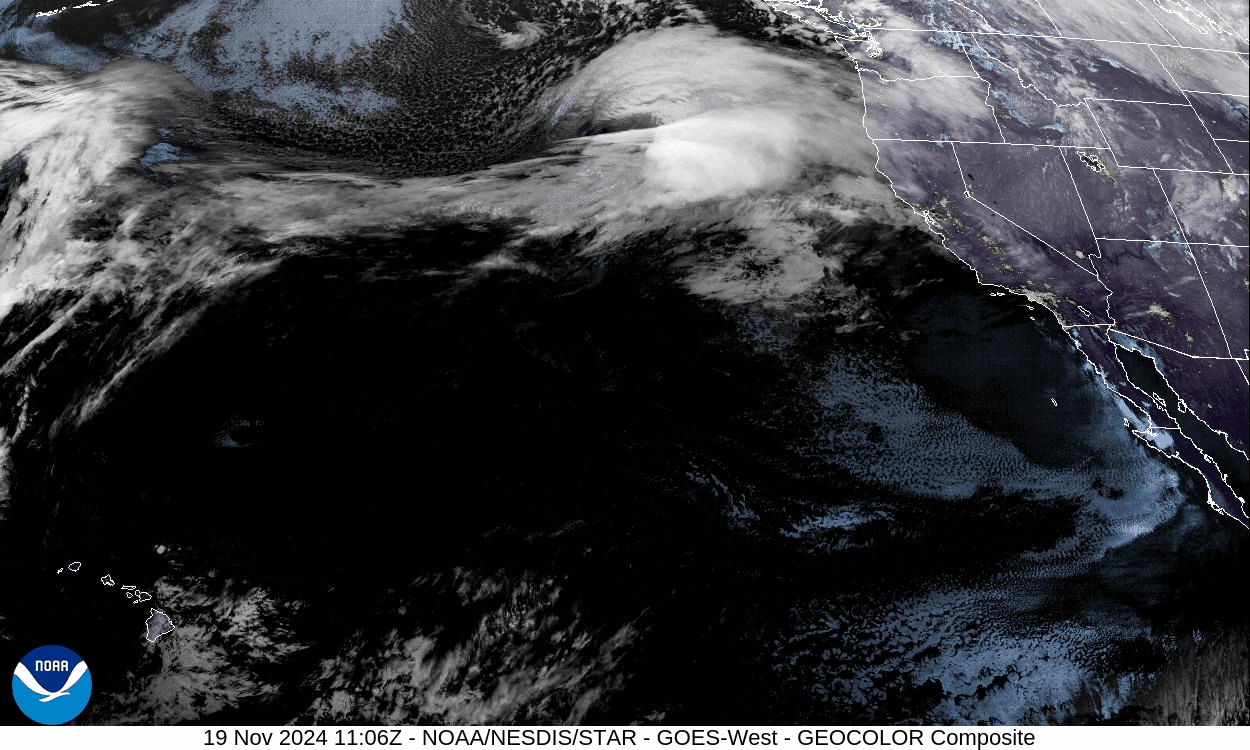
'Bomb cyclone' bringing high winds to West Coast seen from space in stunning timelapse
By Ben Turner published
A low-pressure system will bring extreme gales and heavy rain to the West Coast over the next three days.
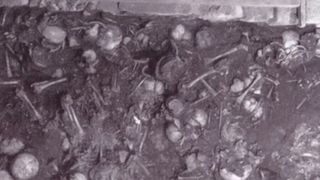
Mass child sacrifices in 15th-century Mexico were a desperate attempt to appease rain god and end devastating drought
By Ben Turner published
The sacrifice of at least 42 children in Tenochtitlán, now Mexico City, was an effort to calm the anger of the Aztec rain god during a devastating drought, researchers have revealed.
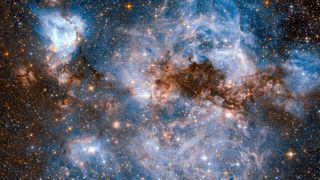
'The bottom line is, I told you so': JWST observations upend standard model of how galaxies form, new study claims
By Ben Turner published
The James Webb Space Telescope's discovery of unusually bright and massive galaxies soon after the Big Bang has cast doubt on the standard model of galaxy evolution and bolstered a rival theory for how physics may work on large scales, according to a team of astronomers.
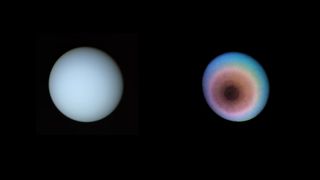
We've been wrong about Uranus for nearly 40 years, new analysis of Voyager 2 data reveals
By Ben Turner last updated
Voyager 2's 1986 flyby of Uranus, the main source of our knowledge of the icy planet, could have come at the same time as a weird plasma burst from the sun.
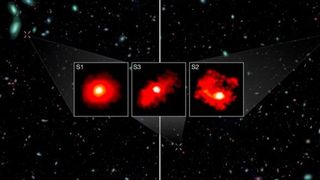
James Webb Space Telescope discovers mysterious 'red monster' galaxies so large they shouldn't exist
By Ben Turner published
The James Webb telescope has spotted three gigantic "red monster" galaxies that were spawned soon after the Big Bang. They're so large they could rewrite the laws of galactic evolution.
Get the world’s most fascinating discoveries delivered straight to your inbox.

